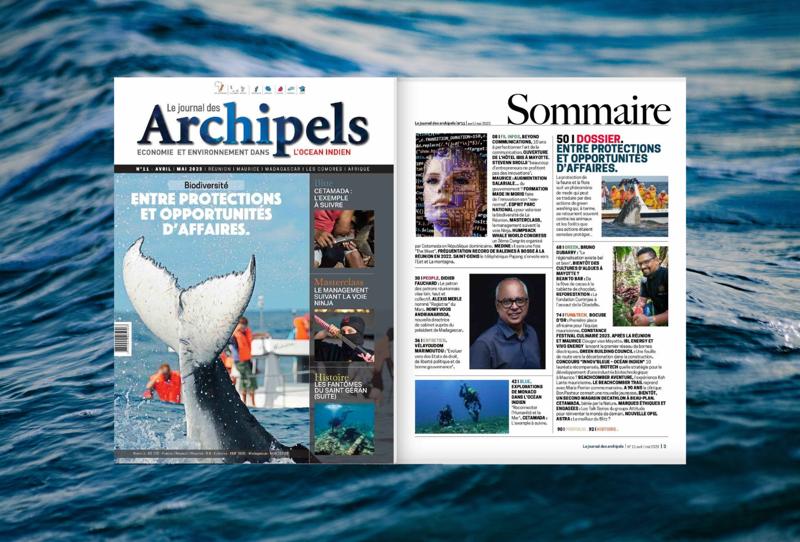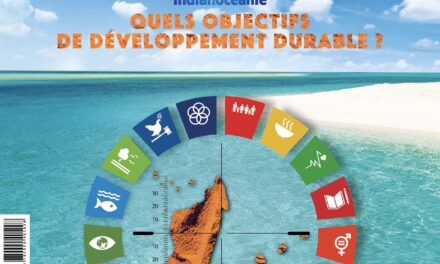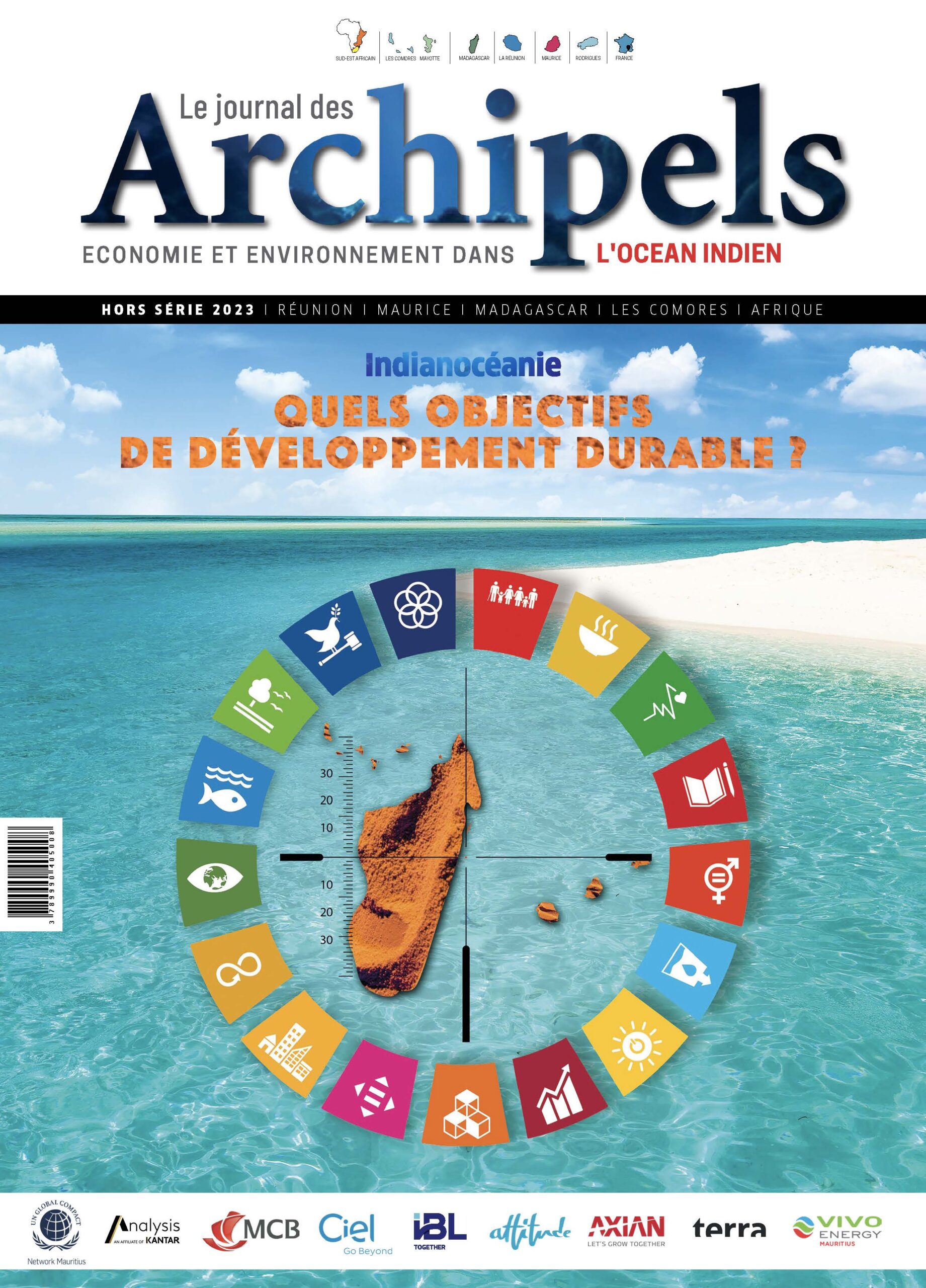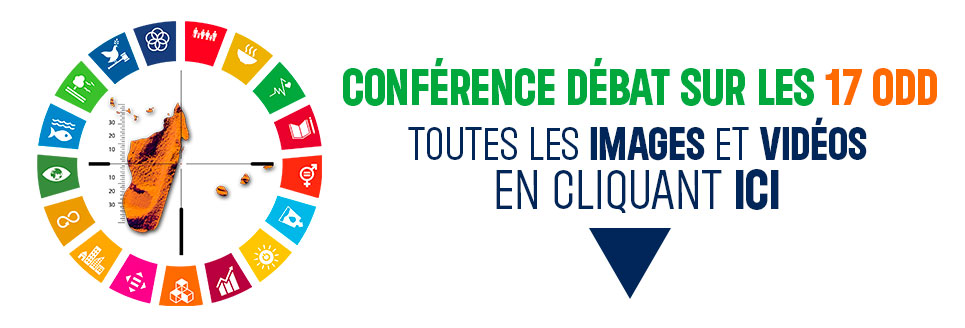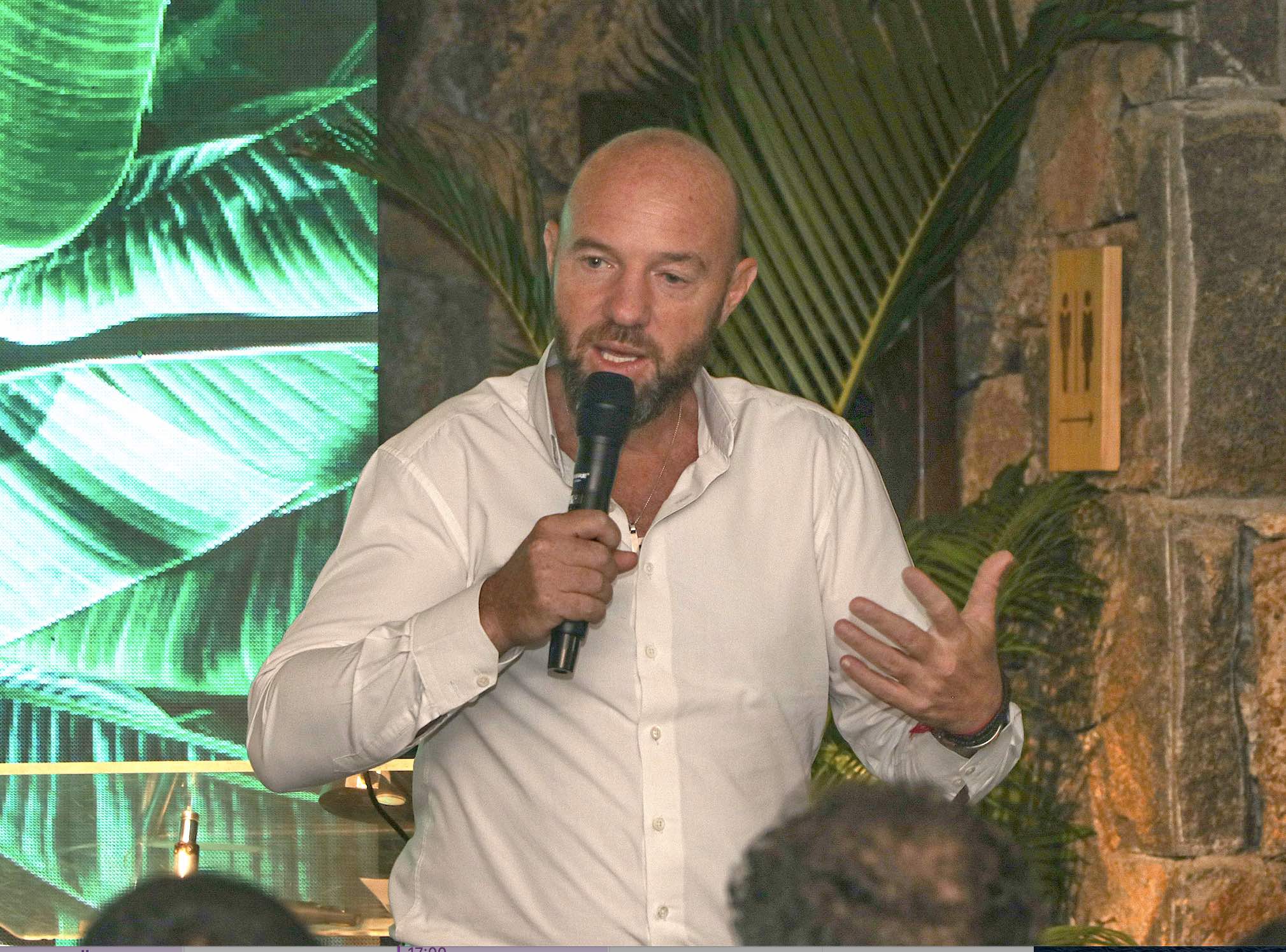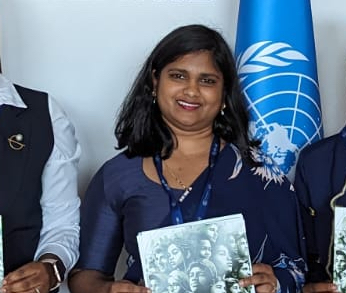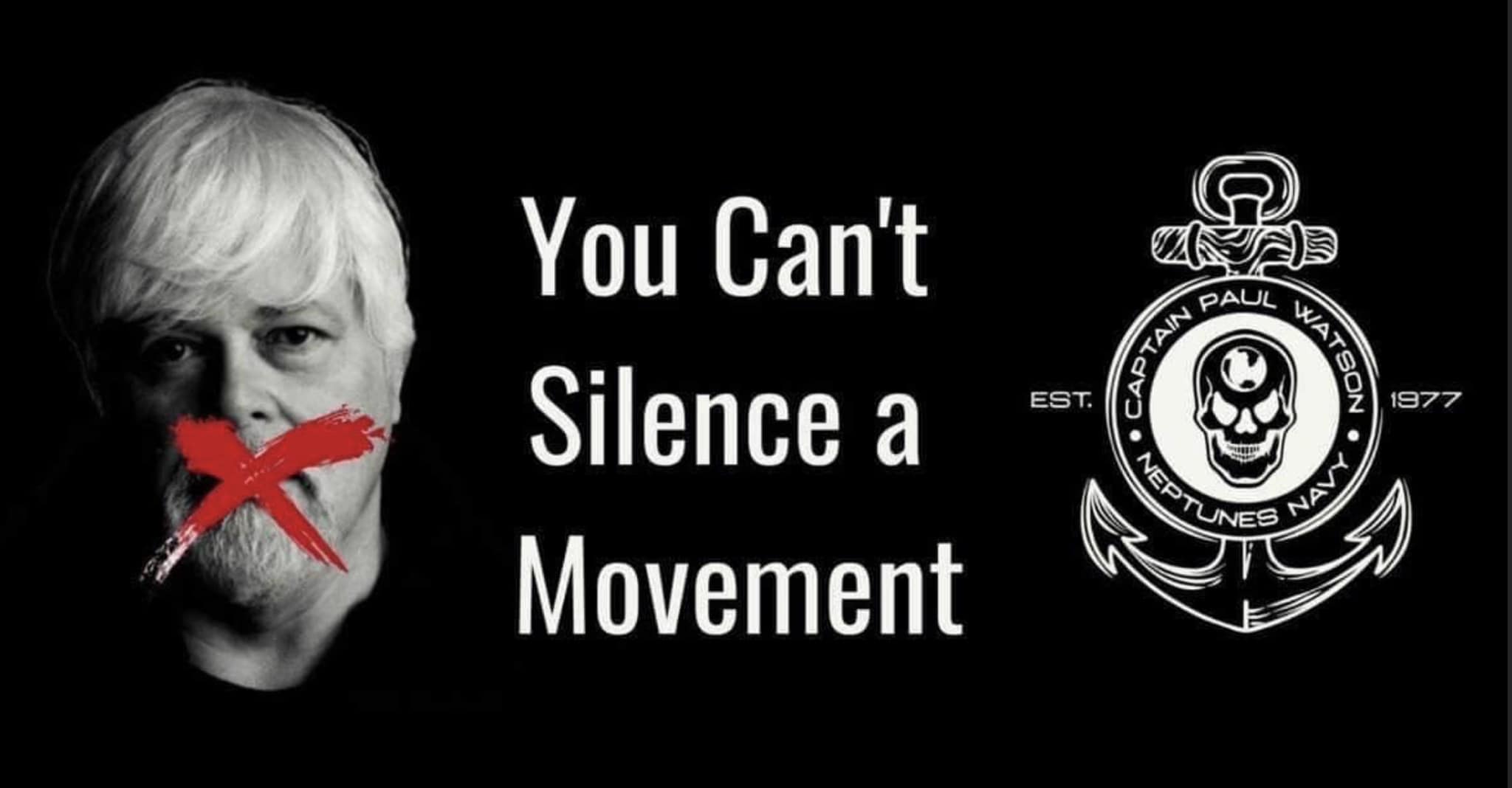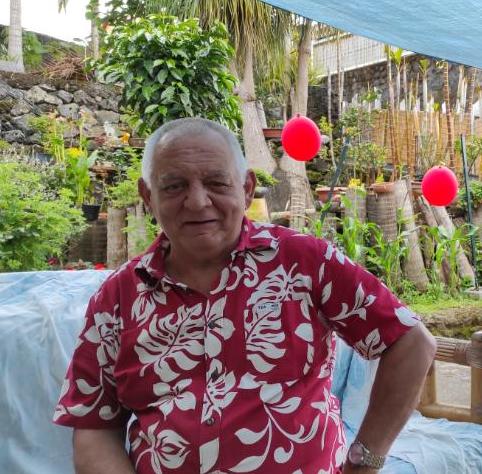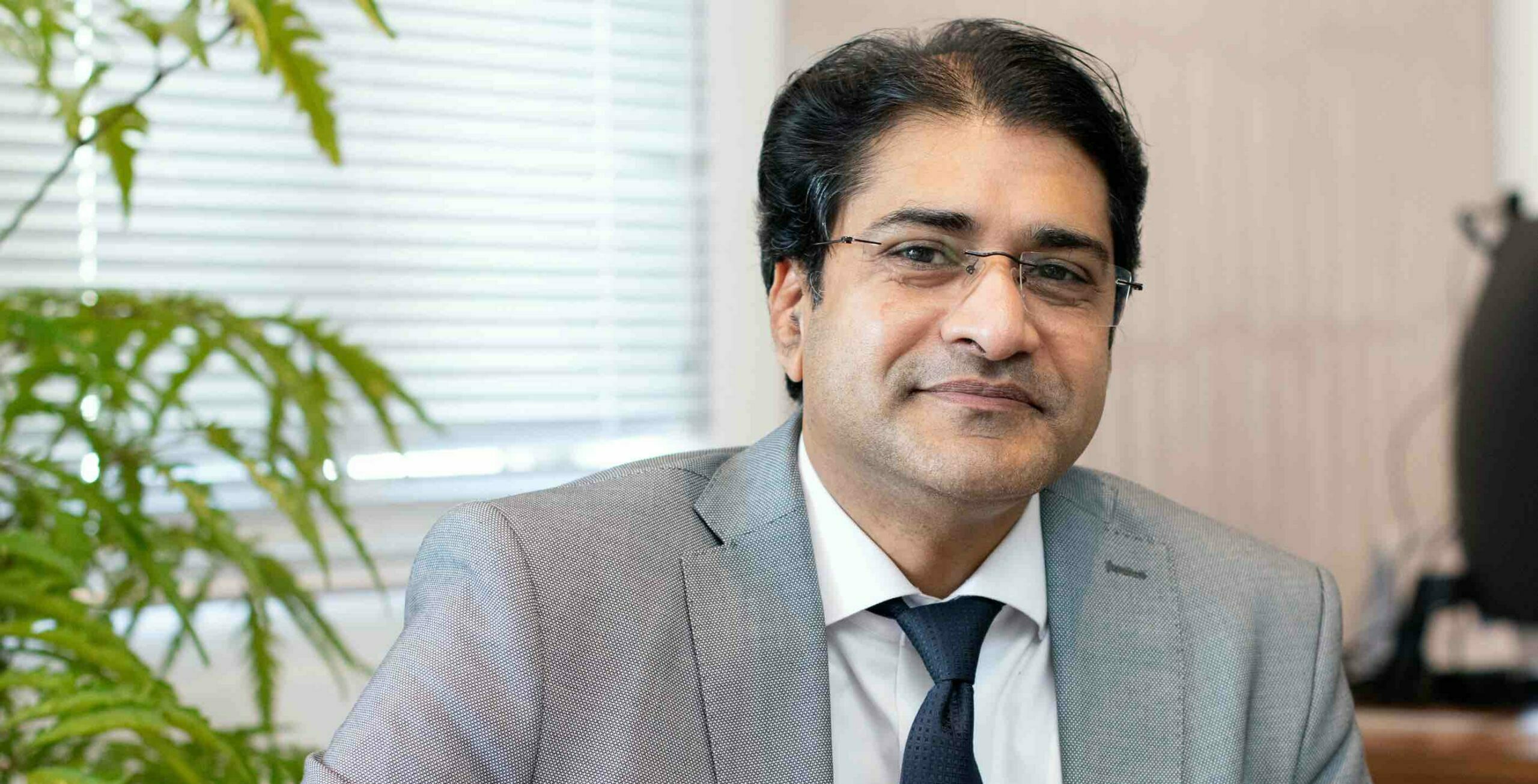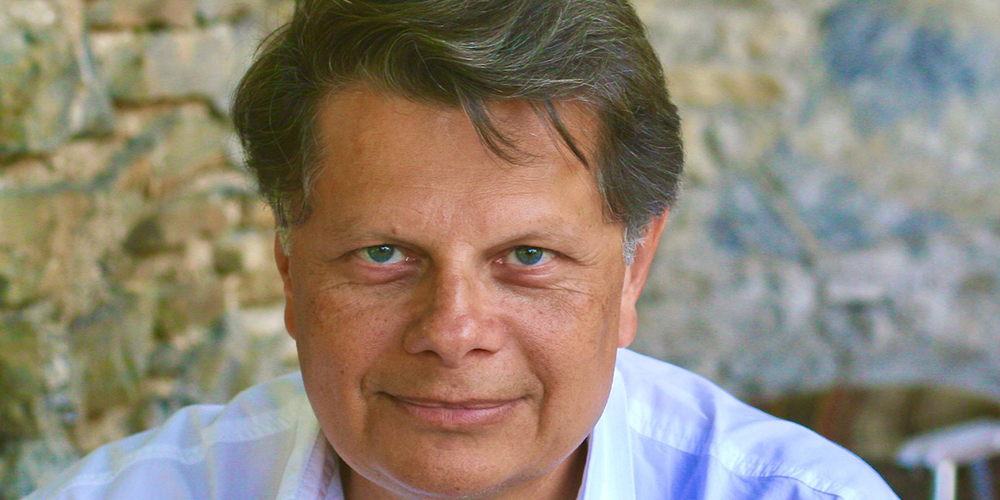While “modern” man has devoured the natural resources available to him for about two centuries and the advent of the industrial era, it is time for strategic reflection. Should we continue an infinite growth in a world with limited resources or rethink, quickly, new development models based on the respect of Nature with which we would be associated?
By Jacques Rombi, director of publication “Le Journal des Archipels
In short, we should draw inspiration from traditional societies which, although in a critical state of mass extinction, knew how to live happily and in harmony with Nature. It is this global reflection which, if it has as a reference point the first Earth Summit* organized in 1972, has grown exponentially in the last two years or so with the global shock of the Covid crisis.
A reflection which, if it raises passions in the so-called developed countries, is not even in its infancy for a majority of Humanity, we must remember.
In these countries and continents that are lagging behind in “development”, the daily survival concerns of their populations do not care about the protection of forests and lagoons. These natural spaces are so many reservoirs of food that are squandered at the same rate as the population growth of their villages are unbridled. For another part of humanity, that of the so-called “emerging” countries grouped under the non-exhaustive acronym of BRICS**, the question of protection does not arise either: in the process of accelerated catching up, it is necessary to consume at all costs.
In our region, one example sums it all up. It is that of the unbridled exploitation of the precious woods of the Big Island: in order to meet the growing demand of the new Asian middle class (for whom rosewood furniture is considered the absolute symbol of social success), swarms of poor people are going to plunder at the risk of their lives what remains of the primary forests. All this under the complicit eyes of the local kingpins and those, tearful, of the representatives of environmental NGOs who cry out their dismay in the smoking desert of deforestation.
They are all there: Western ecologists associated with the locals, sponsors blinded by money and, at the end of the chain, the poor starving people who remain deaf to this great chaos. “A hungry belly has no ears”, said Jean de La Fontaine…
Read the full editorial on JDA 11, on sale throughout Indianocean.


